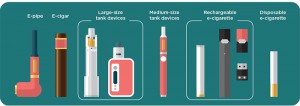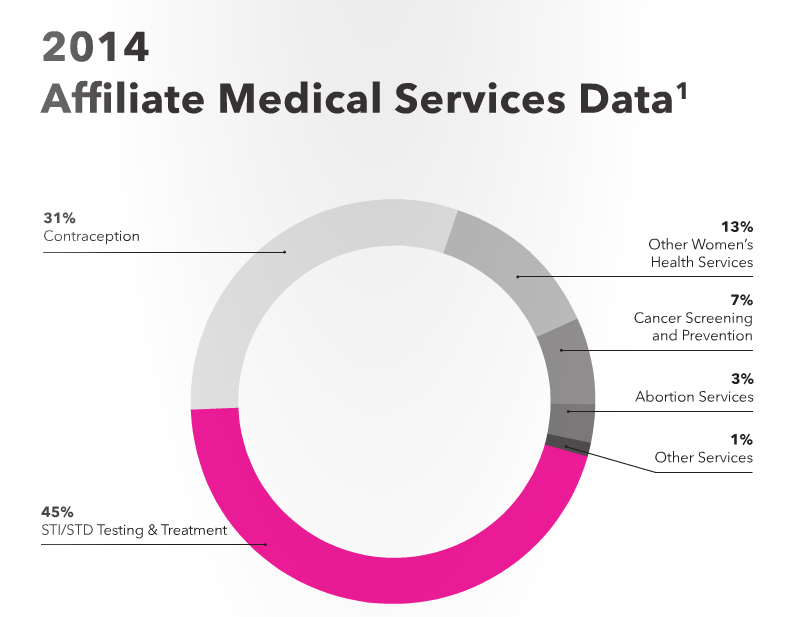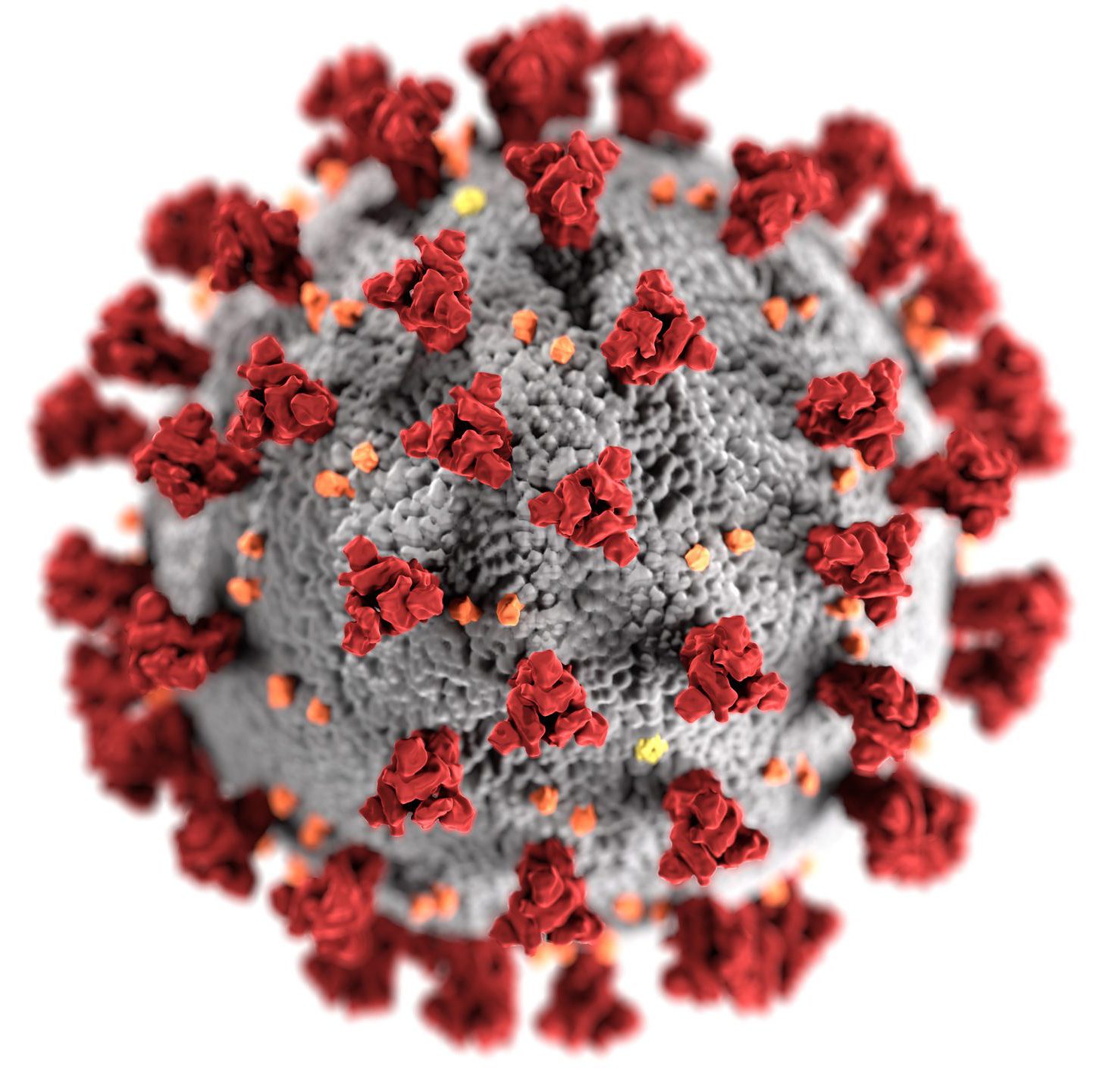Last Updated on February 6, 2020
We have discussed the health ramifications of smoking tobacco in previous blog posts, but the rising trend in vaping with e-cigarettes leaves some with misconceptions that it is safe or at least less dangerous than smoking conventional cigarettes. Vaporizers and e-cigarettes are now the most commonly used tobacco products among youth.

Image from CDC
E-cigarettes are battery-powered devices that heat a liquid (or “juice”) which contains nicotine, flavorings, and other chemicals. While no flame is used to combust and cause smoke, there is an aerosol vapor expelled when using e-cigarettes. The vapor can contain harmful chemicals, including nicotine; ultrafine particles that can be inhaled deep into the lungs; flavoring such as diacetyl, a chemical linked to a serious disease called “popcorn lung”; volatile organic compounds such as benzene, which is found in car exhaust; and heavy metals, such as nickel, tin, and lead.
While the Center for Disease Control and Prevention (CDC) has found vaping may benefit adult smokers as a complete substitute for traditional cigarettes, e-cigarettes are not safe for youth, young adults, pregnant women, or adults who do not regularly use tobacco products. With vaping being a relatively new trend, more research is needed to better understand the health ramifications of vaping nicotine.
E-cigarettes and vape liquid are regulated the same as conventional cigarettes and often available at convenience stores, gas stations, specialty shops, or through the internet. Retailers selling them should check the ID of whoever is buying vaporizers or “e-cig juice” the same as other tobacco products. Despite this, a 2015 study found that 44% of high school youth in Massachusetts had used e-cigarettes in the previous 30-days.
The liquid nicotine used in e-cigarettes can be especially dangerous outside of the vaporizers. While some vape models use disposable pre-filled pods of the liquid, others require to be filled with the “e-juice” when depleted. The liquid itself is poisonous—as little as a teaspoon can be deadly for a child if swallowed or spilled on their skin. Companies that produce liquid nicotine have been criticized for marketing to children, often flavoring the “juice” like fruit or candy and packaging the liquid in similar eye-catching ways to junk food.
For those looking to quit, consult your doctor or call the CDC’s toll-free helpline at 1-800-QUIT-NOW (1-800-784-8669). NeedyMeds has resources for many smoking-related conditions in our Diagnosis-Based Assistance area of our site, including Addiction which may list programs that offer help with quitting as well. For more information on e-cigarettes or vaping, check GetOutRaged.org.




